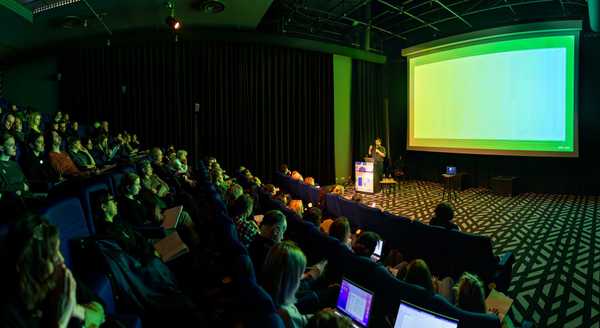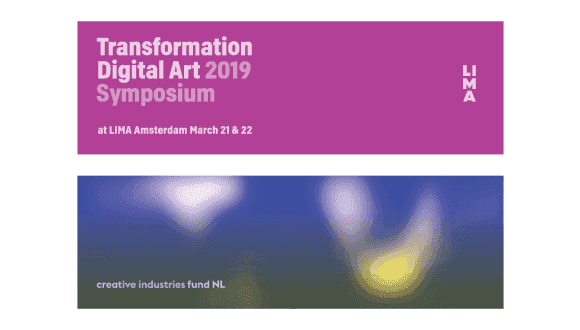
Transformation Digital Art 2019
LI-MA's fourth annual international symposium on the preservation of digital art.
On 21 and 22 March, LI-MA's annual symposium on the preservation of software-based art took place at LI-MA, Amsterdam. This year's symposium consisted of multiple approaches concerning both artist-led and institutional strategies geared towards the future presentation of born-digital and software-based art.
LI-MA invited international participants from an array of professional backgrounds to continue questioning what strategies can be developed in order to take artworks of an inherently digital, performative and processual nature into the future. LI-MA shared knowledge on this complex topic over two days filled with presentations, hands-on workshops and discussions with curators, artists, conservators, students, researchers and tutors, among others. From philosophical to more practical insights on digital art conservation, documentation, presentation and reinterpretation, within the white walls of the museum or in the classrooms of art academies, whether in virtual reality or in the physical exhibition space – during Transformation Digital Art 2019 all of these subjects were discussed.
The first session of Transformation Digital Art 2019 opened with three speakers from various backgrounds, each addressing the same question, but through very different lenses: How can the present be preserved? Digital art conservation asks for certain skills in computer science, material science, media technology, engineering, art history, and conservation. In the case of sustainable digital art preservation, this starts with the artist – and with the creation of an artwork. What can the new generation of artists bring to the table? What are the core competencies, mindsets and skills expected from the new generation of media conservators. The third session of the first day of the symposium constituted a series of discussions and talks about new possibilities and strategies of preservation and re-presentation. The main theme of the session Reinterpretation, moderated by Serena Cangiano, was examined by three speakers from different perspectives.
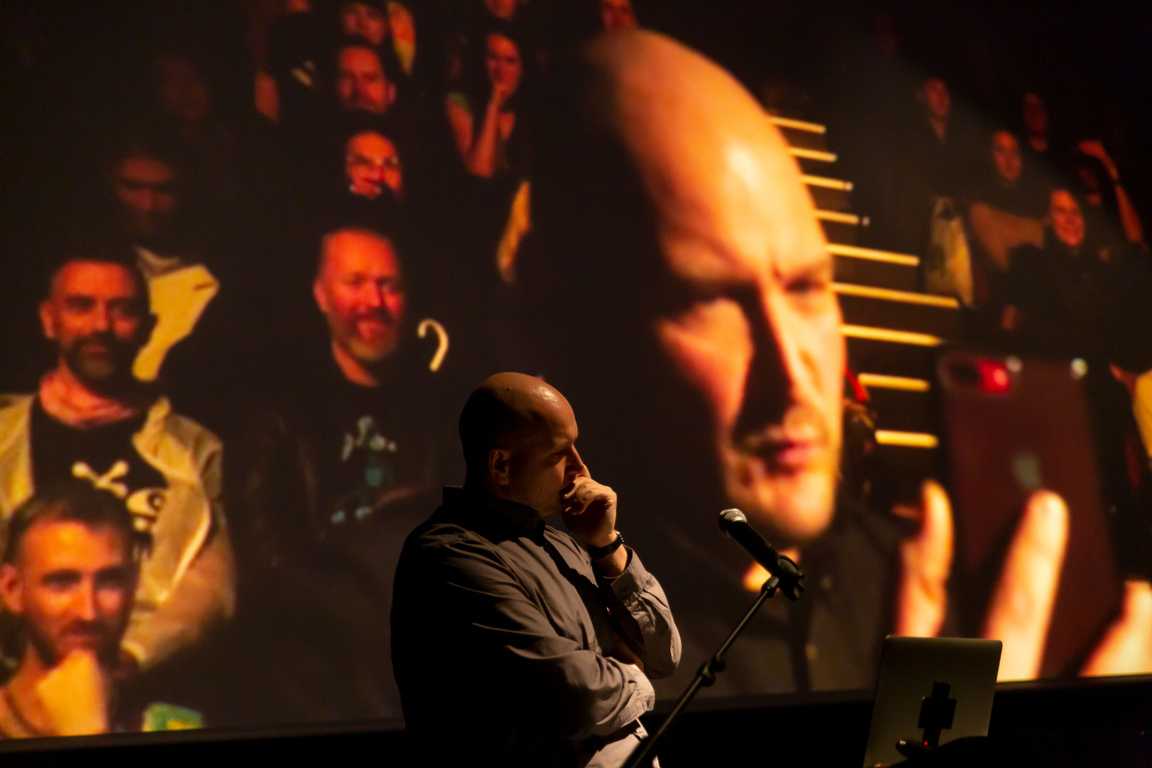
Transformation Digital Art 2019. Photo by Jose Miguel Biscaya.
The second day of Transformation Digital Art 2019 opened with the promotional clip of ArtHost, a morning focused on highlighting current research in digital art conservation at LI-MA and partner institutions. The session started with Mila van der Weide (LI-MA), who presented ArtHost, a research project into the storage of and access to online artworks. Together with DullTech (artist Constant Dullaart), LI-MA developed a service for hosting and storing online artworks, thereby implementing Rhizome’s Remote Browser service. The goal of this project was to develop and implement a system for the sustainable storage and maintenance of ‘complex’ software-based art with a special focus on online artworks while collaborating with and supporting artists in the preservation of their work, as well as finding a methodology that prevents the loss of online artworks. Finally, Van der Weide zoomed in on the ways LI-MA documented Dullaart's artworks.
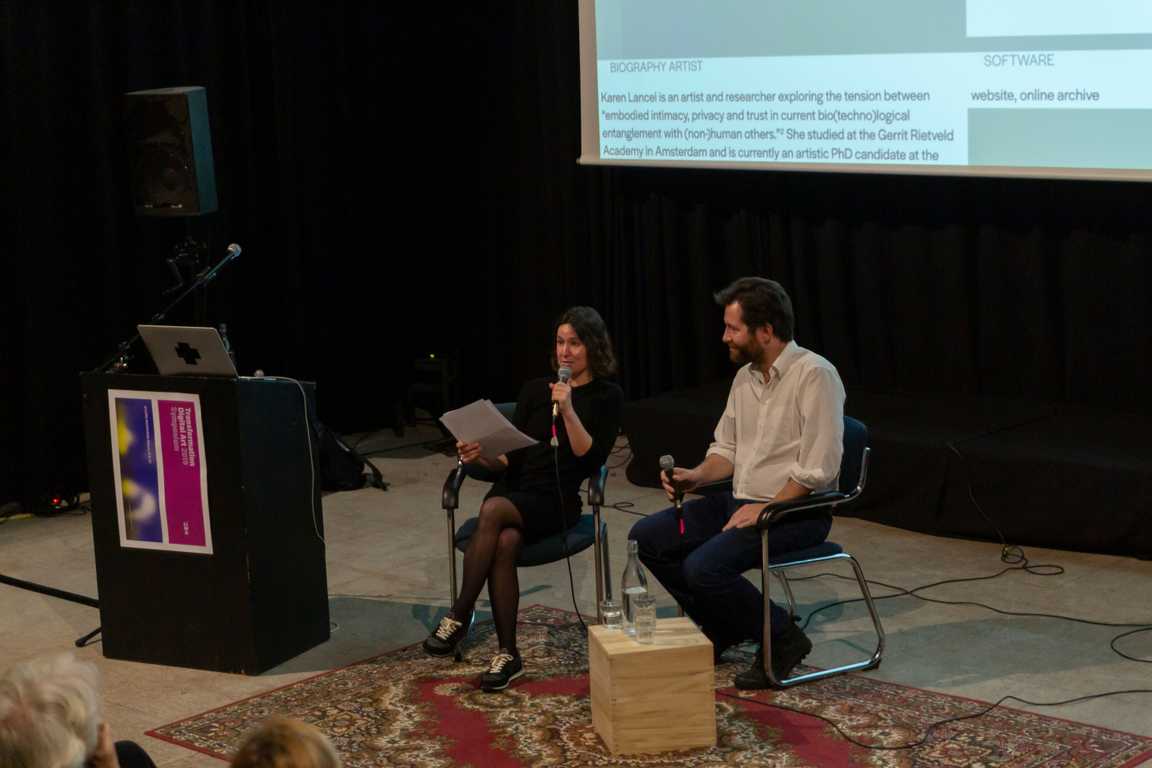
Transformation Digital Art 2019. Photo by Jose Miguel Biscaya.
Transformation Digital Art 2019 included contributions by the following participants: Karen Archey (Stedelijk Museum Amsterdam), Martijn van Boven (artist), Jeanette Bisschops (LI-MA), Melanie Bühler (Frans Hals Museum), Serena Cangiano (University of Applied Sciences and Arts of Southern Switzerland), Agathe Jarczyk (Hochschule der Künste Bern), Jennifer Helia DeFelice (Vašulka Kitchen Brno), Anne Marie Duguet (University Paris 1 Panthéon-Sorbonne), Tom Ensom (digital conservator), Sanneke Huisman (curator), Joan Heemskerk (JODI), Jan Robert Leegte (artist), Gabriel Lester (artist), Adam Lockhart (University of Dundee), Aymeric Mansoux (artist & researcher), Rachel Somers Miles (LI-MA), Wiel Seuskens (LI-MA), Marcel Ras (NDE), Julie Bosschat Thorez (artist & researcher), Ernst Van Velzen (EYE Filmmuseum), Marije Verduijn (Centraal Museum Utrecht), Willem van Weelden (Gerrit Rietveld Academie), Mila van der Weide (LI-MA), Glenn Wharton (New York University), Emile Zile (artist).
See here the full programme with the bios of contributors.
See here a detailed report on Transformation Digital Art 2019.
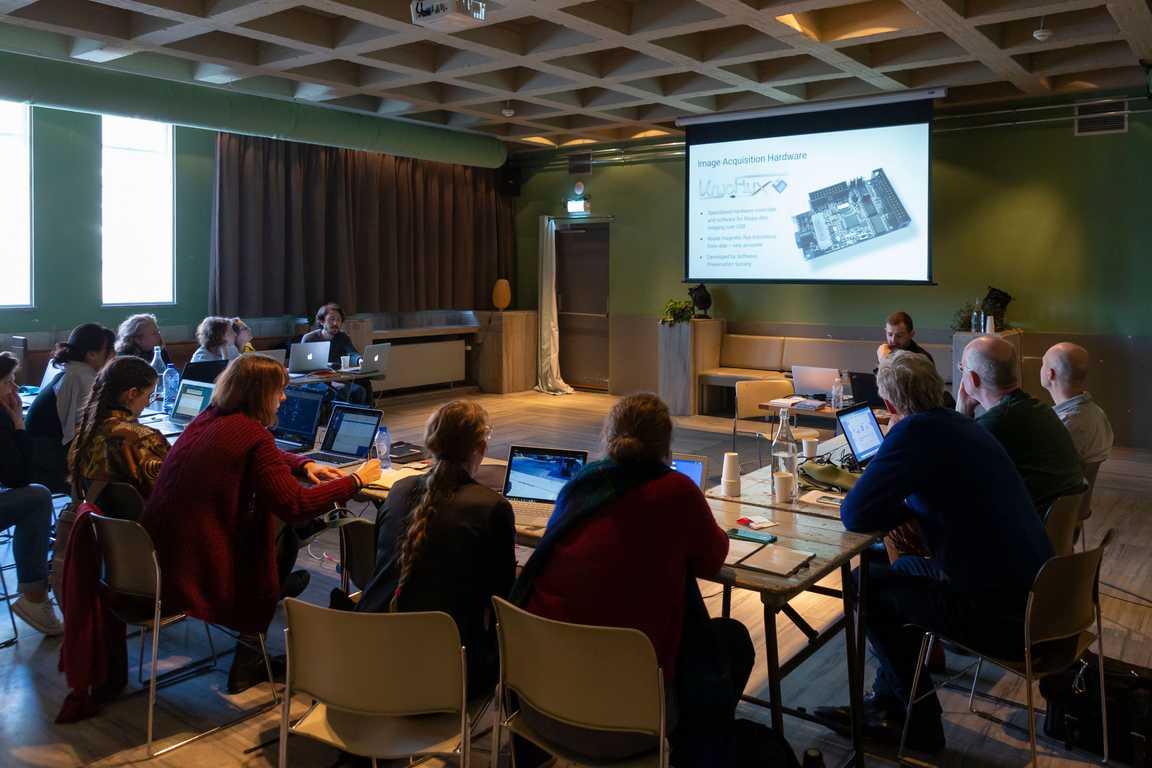
Transformation Digital Art 2019. Photo by Jose Miguel Biscaya.
Transformation Digital Art Symposium 2019 is supported by Creative Industries Fund NL.


